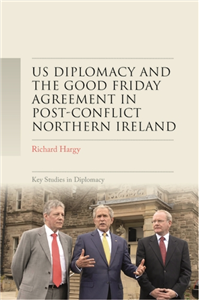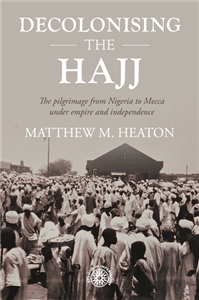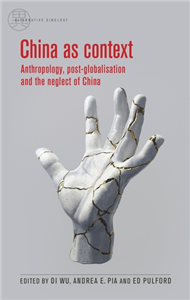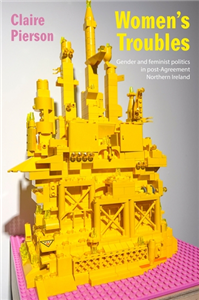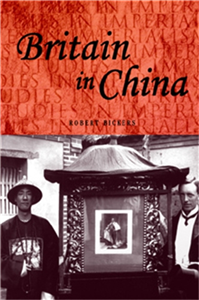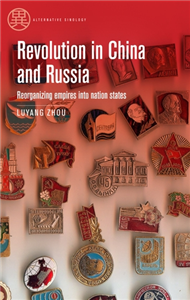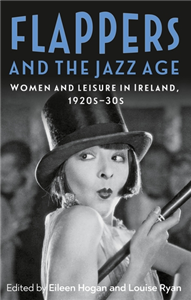People's Literature Publishing House
People’s Literature Publishing House Co., Ltd., currently a member of China Publishing Group Corporation, is the first and the largest professional national publishing institution in China. Founded in 1951, PLPH has published a vast number of quality literary works, from all time classics to the latest titles, by domestic writers and translated from other languages. PLPH enjoys a great amount of exclusive publishing resources, a high reputation among readers and was awarded many times with national literary and publishing prizes. Along with regular editing and production departments, it has a sub brand, Daylight Publishing, specializing in children’s book and five magazines and journals. We publish over a thousand titles each year, sharing outstanding literary works in a global platform. All-time classics such as the complete works of Shakespeare, Balzac, Tolstoy, Dostoevsky, Kafka, Hemingway, Sartre, and international bestsellers such as Harry Potter series are all introduced to Chinese readers by PLPH.
View Rights Portal




